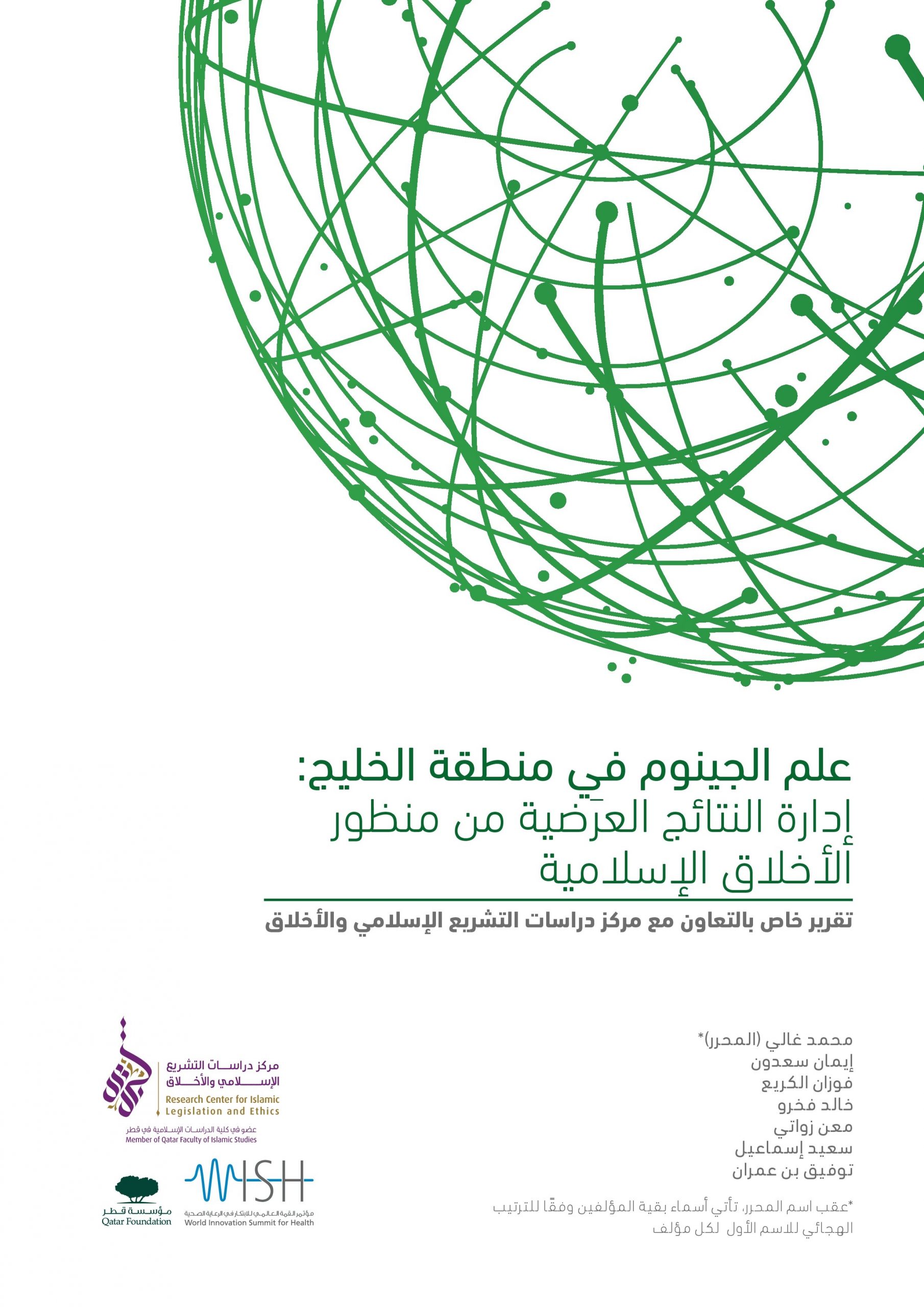ملخص تنفيذي
In much the same way that genomic technologies are changing the landscape of biomedical research, the ethical issues these technologies generate are setting today’s agenda of ethics research. The distinct ethical issues concerning the management of incidental findings represent a serious challenge that has occupied the minds of Western bioethicists for a while, but has yet to capture due attention from specialists in the Muslim world. Incidental findings are generally defined as results that arise although they were not part of the original purpose of the research project or clinical test. Ethical management of these findings is not a simple matter, because while they can be lifesaving, they can also lead to harmful consequences for the individual and community at large, and at other times lack any clear significance.
This study is an attempt to fill the current lacuna in Islamic literature by addressing some aspects of the ethical management of incidental findings from an Islamic perspective. The study is divided into three main chapters. The first chapter offers an overview of recent genomic initiatives in the Gulf region, with a focus on ongoing initiatives by two nations: Qatar and Saudi Arabia. After this firsthand information about these primary initiatives in the Gulf region, the second chapter broadens the scope by reviewing international deliberations on the ethical management of incidental findings. By including these two chapters, we want to emphasize that Islamic bioethics should be interdisciplinary in nature, and informed as well by deliberations and discussions beyond the Islamic tradition. We hope that this interdisciplinary character will become more evident and better integrated in follow-up studies. The third chapter is dedicated to the core purpose of this study, namely delineating Islamic bioethical discussions related to incidental findings. In order to make the study accessible for non-specialists in Islamic studies, introductory notes are included about the field of Islamic bioethics in addition to an overview of previous ethical deliberations on genomics in general.

